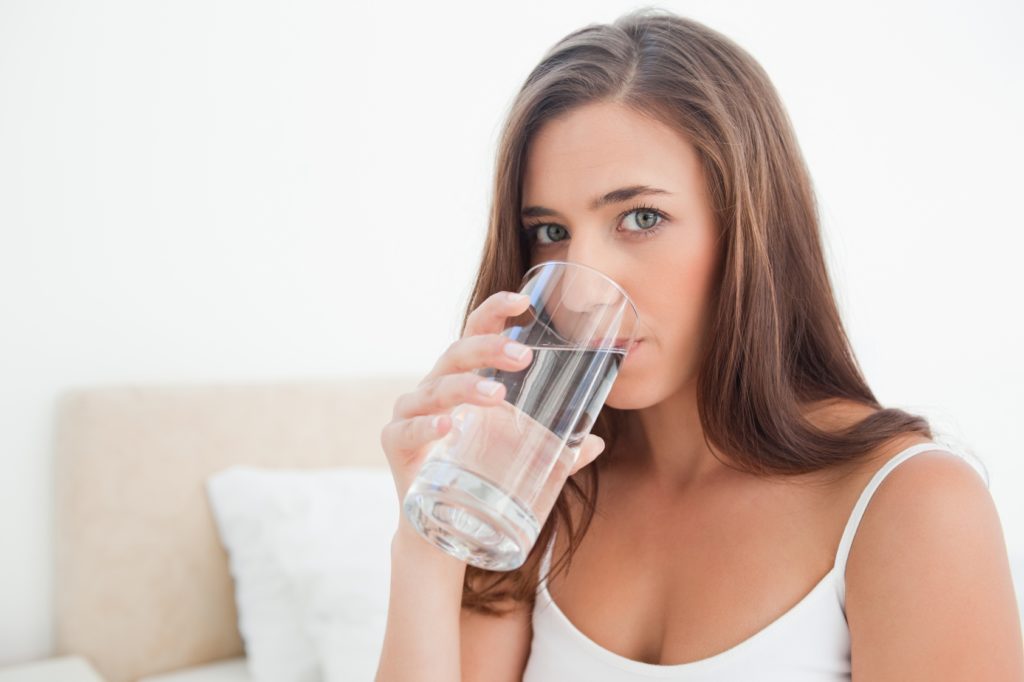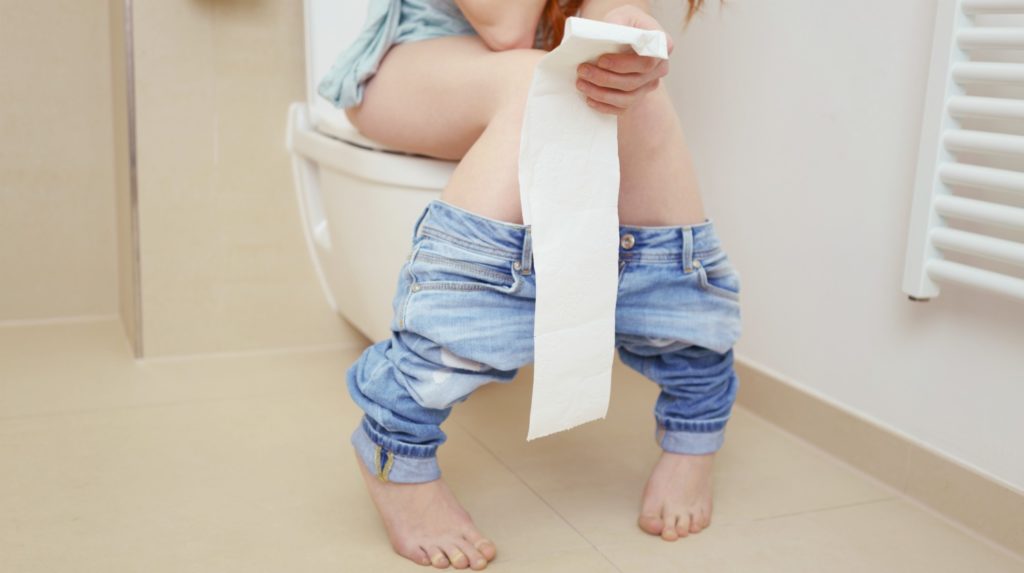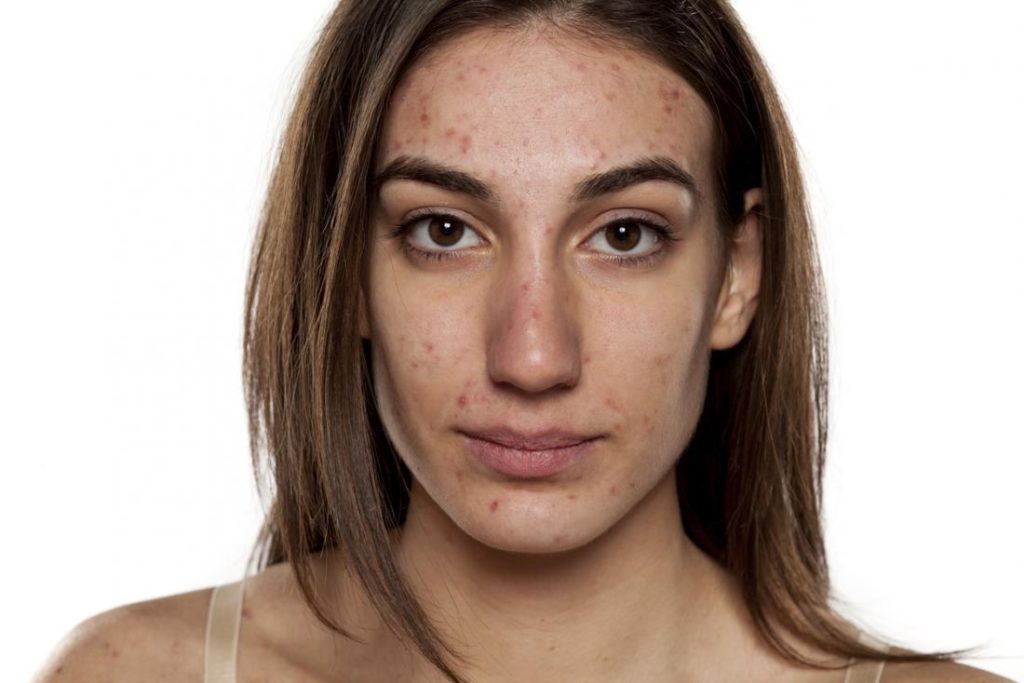
The human body uses water in all its cells, organs, and tissues to help regulate its temperature and maintain other bodily functions. In fact, 70% of what makes up a human body is water. And since the body loses water through breathing, sweating and digestion, drinking fluids and eating foods that contain water is important because the human body needs to rehydrate, after all. It needs to get back lost water.
What Water Does
Nearly all of the body’s major systems depend on water, it doesn’t just quench your thirst. Water:
- Protects Tissues, Spinal Cord, and Joints – it keeps the tissues in the body moist. Keeping the body hydrated helps it retain optimum levels of moisture in areas such as eyes, nose, mouth, blood, bones, and the brain. Water also helps in protecting the spinal cord, and acts as lubricant and cushion for joints.
- Helps Body Remove Waste – taking enough water enables body to excrete waste through perspiration, urination and defecation. The kidneys, liver and intestines use it to help flush out waste. It can also help prevent constipation.
- Aids in Digestion – digestion involves enzymes found in saliva (the basis of which is water) to help in breaking down food and liquid and in dissolving minerals and nutrients. Proper digestion gives the body more access to minerals and nutrients. Water is also needed to help digest soluble fiber.
- Prevents Dehydration – when you engage in high intensity exercise, sweat in high heat, or get a fever or a sickness that causes vomiting or diarrhea, your body loses fluids. A lot. So in these cases, you really should increase fluid intake to get back the body’s natural hydration levels.
So basically, water regulates body temperature, moistens tissues like those in the mouth, eyes and nose, lubricates joints, protects body organs and tissues, helps prevent constipation, lessens the burden on the kidneys and liver by flushing out waste products, helps dissolve minerals and other nutrients to make them accessible to the body, and carries nutrients and oxygen to cells.
When You Don’t Drink Enough
As mentioned earlier, water is essential to the body, and as such, there are undesirable effects that can arise from lack of water. Here are some of them:
- Bad Breath – to help maintain healthy teeth and gums, you need water to help in saliva production and rinsing away bacteria. Not enough water hinders saliva production and causes bacteria build up on tongue, teeth and gums thus contributing to bad breath. If you observe proper oral hygiene, yet still have breath issues, you may not be drinking enough water. And if bad breath persists after increasing water intake, time to consult your doctor.

- Fatigue – not enough water may lead to periods of fatigue and low energy as the body tries to function without enough water. So if you’re still constantly tired and sluggish despite having enough rest, you may need to drink more water.

- Illness – water helps flush toxins, waste and bacteria from the body to help fight infections and disease, and help strengthen immune system. So not enough water increases risk of contracting an illness, also because it causes fatigue, this giving you the tendency to be less active physically, which is another risk factor.

- Constipation – since water aid greatly in digestion lack of it can affect bowel movements negatively.

- Poor Skin Health – lack of water may cause skin to lose elasticity and plumpness, thus leading to dryness, flakiness, fine lines, wrinkles, and sagging skin.

- Sugar Cravings – lack of water can trigger cravings for foods with high sugar and carbohydrate content, since dehydration interferes with the body’s capacity to tap into glucose stores for energy.

- Decreased Urination – when your body doesn’t have enough water, your kidneys will retain as much fluid as possible to maintain their function, thus leading to decreased urination. Risk of contracting urinary tract infection is also higher, since you don’t have enough water to flush out toxins and bacteria.

How Much is Needed?
Short answer? Just drink when you’re thirsty. Seriously, there’s not really are rule for this, and most people meet their daily water needs by drinking whenever they are thirsty. Also, the amount of water an individual needs depends on various factors, like the climate you’re in, your physical activity level, and whether you have an illness or other health problems. So yeah, depending on the circumstances, you may need more than 8 glasses a day. There is a recommended amount though, 3.7 liters for men and 2.7 liters for women, but like mentioned earlier, the amount you should take really depends on a lot of things. Just remember that your body needs water to function properly. If you are physically active and such, you need to up your intake to better regain lost fluids. So basically, if you thirst, then drink.
You may also want to read: How to lose weight ? How much Water to drink ? and how to burn fat ?
Comments
0 comments


Wow, this blogger is seriously impressive!
I appreciate your creativity and the effort you put into every post. Keep up the great work!